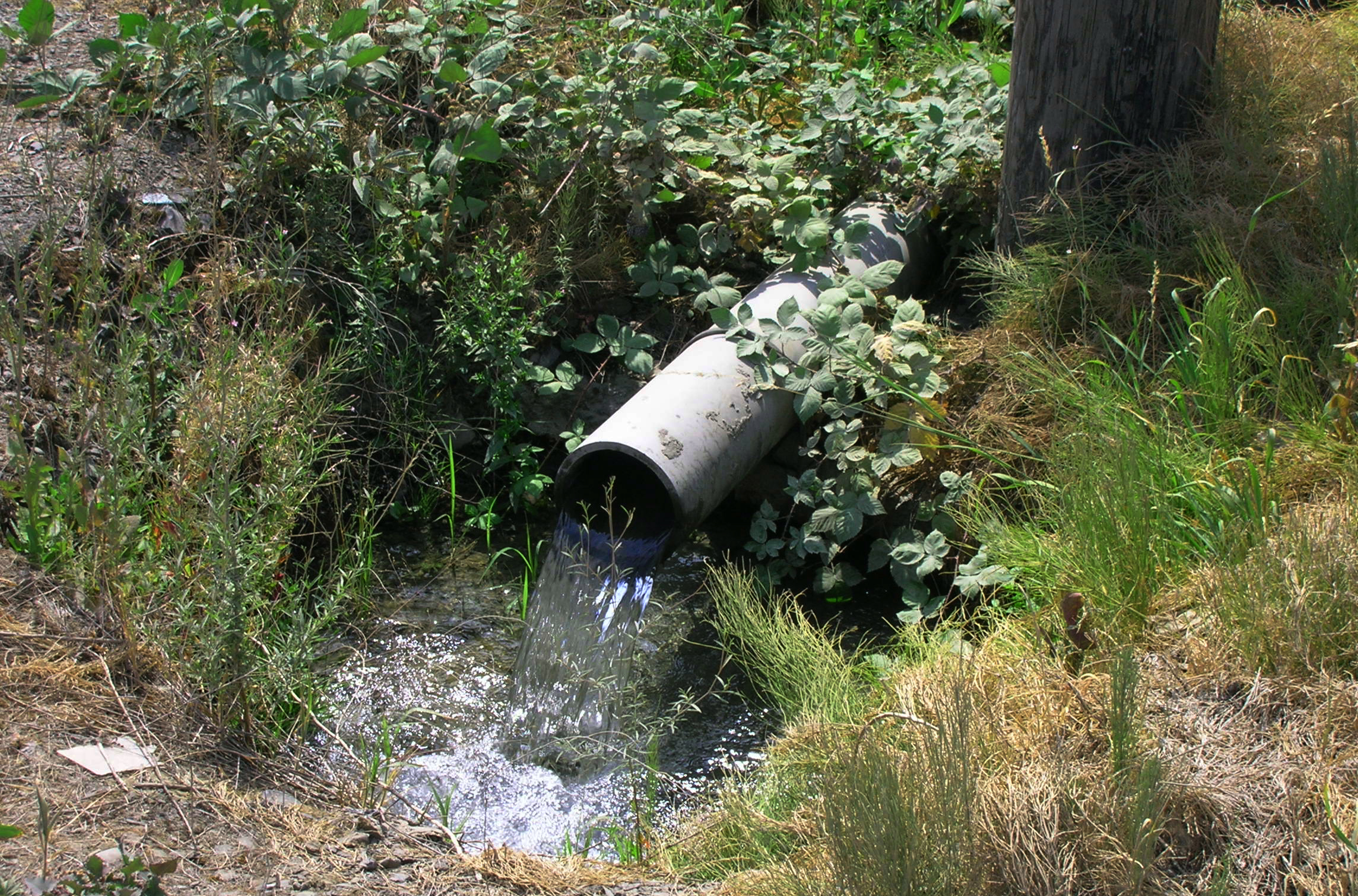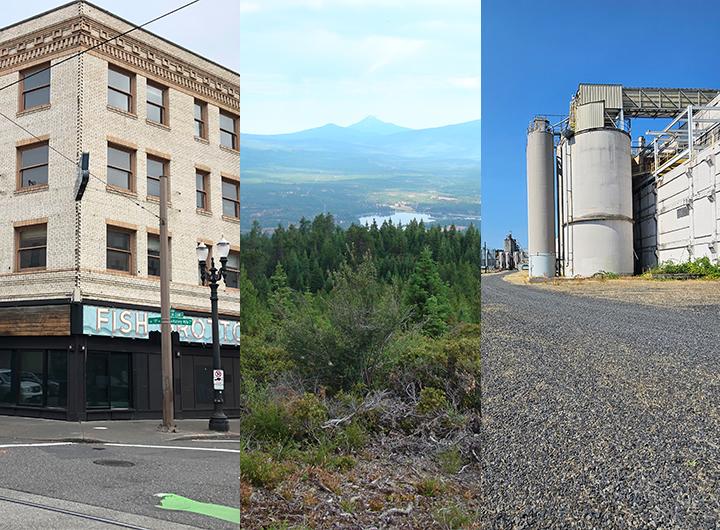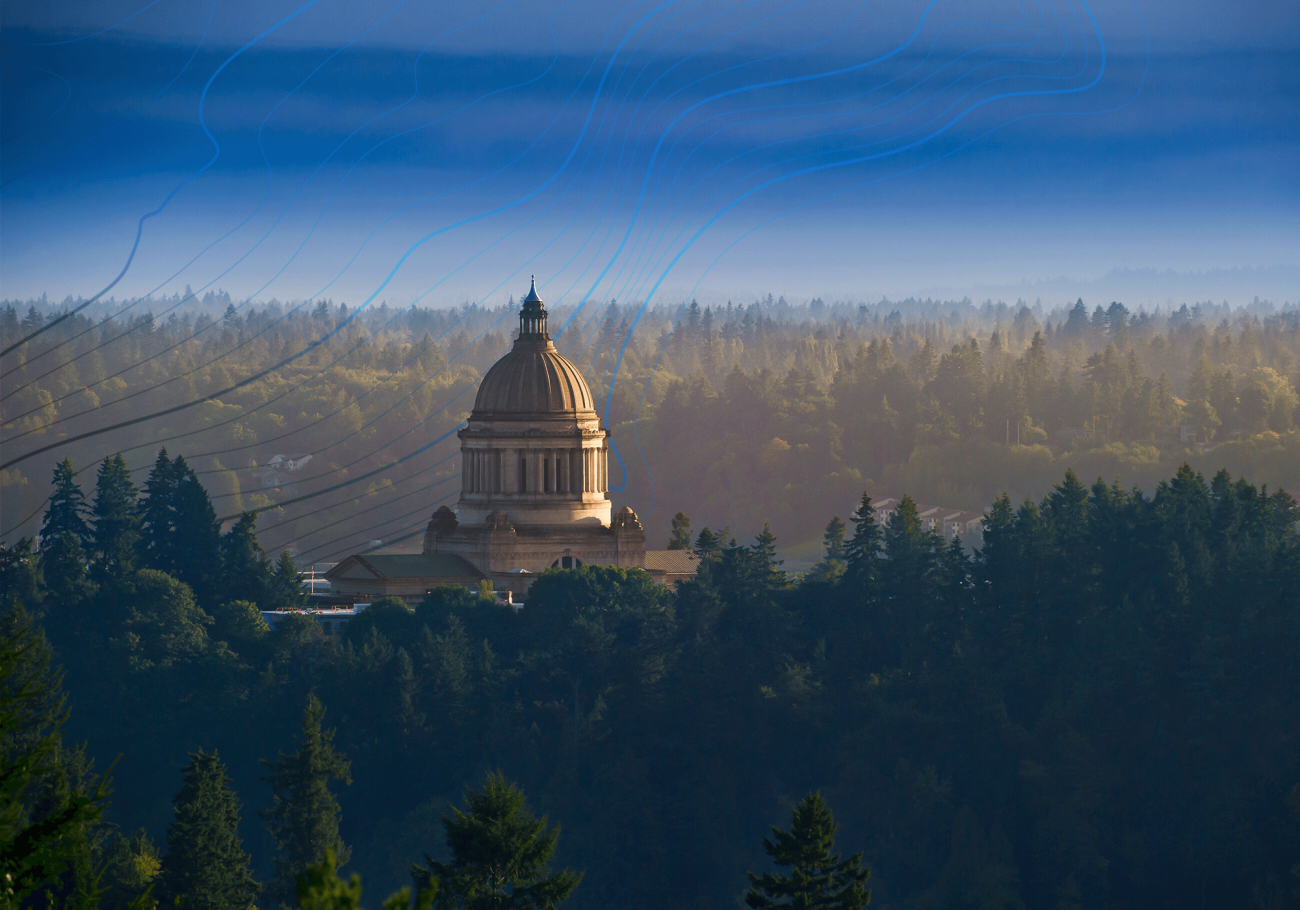Thought Leadership
Everything You Need to Know about NPDES Permits

For more than 40 years, the Clean Water Act and National Pollutant Discharge Elimination System permits have aimed to curb water pollution by regulating the levels of pollutants that are allowed to discharge into our rivers, lakes, and oceans.
The Clean Water Act requires companies to obtain wastewater or stormwater NPDES permits before they discharge pollutants into U.S. waters.
The permit’s requirements ensure the discharge is protective of water quality and people’s health, and they limit the concentrations of pollutants in the discharge and outline compliance monitoring and reporting procedures.
Navigating the world of NPDES permits can be a complicated endeavor, but some base-level knowledge can get you headed in the right direction.
Who issues NPDES permits?
The Environmental Protection Agency (EPA) works with state regulatory agencies to implement the NPDES program and its permitting system.
Whether you obtain a permit from a state agency or the EPA varies from state to state. Here’s how the permitting is divvied up in the Pacific Northwest:
- Oregon: NPDES permits in Oregon are issued by the Oregon Department of Environmental Quality.
- Washington: The Washington Department of Ecology issues NPDES permits in Washington.
- Idaho: All NPDES permits in Idaho are currently issued by the EPA, although the Idaho Department of Environmental Quality will soon assume permit issuing authority from the EPA.
- Alaska: NPDES permits in Alaska are issued by the Alaska Department of Environmental Conservation.
What are the types of NPDES permits?
There are two types of NPDES permits: individual permits and general permits. General permits cover stormwater discharges from industrial sites, construction activities and municipal stormwater systems. Individual permits cover stormwater or wastewater discharges, or a combination of both, from individual facilities.
A general permit covers multiple facilities with a similar discharge (i.e., industrial, construction or municipal) and applies similar terms and conditions to all permittees.
An individual permit is intended solely for an individual site. Permit terms and conditions are written especially for the facility covered under the permit, usually because the site and/or discharges are too complex to be covered under a general permit.
When is an NPDES permit required?
The full answer is complex and long, but in a nutshell, you need an NPDES permit if:
- You discharge wastewater into U.S. waters.
- You discharge stormwater associated with construction activities and certain industrial activities into U.S. waters.
- You are a city that operates a municipal stormwater system that discharges into U.S. waters.
- The EPA or state agency determines that your facility has the potential to impact water quality and requires that you obtain a permit.
If you are wondering whether your facility should be covered under an NPDES permit, contact MFA and we’ll be happy to provide you with advice and recommendations.
What are the potential challenges to having a permit?
NPDES permits are growing in complexity and the permit conditions are increasingly difficult to meet. Permittees have to juggle permit monitoring requirements, corrective actions, inspections and reporting, and make sure that nothing slips through the cracks.
What happens if I don’t comply with my permit?
Usually, regulatory agencies are fairly flexible on the first offense, as long as it is corrected in a timely manner.
However, a long-term record of non-compliance will lead for an enforcement action and penalty fine. Worst yet, non-compliance leaves a permittee liable for a citizen lawsuit under the Clean Water Act, and there are many environmental advocacy groups in the Northwest looking to sue folks who fail to comply with any of the numerous permit terms and conditions.
If you would like to make sure that you’re in full compliance with your permit, or have recently received an enforcement action or notice of intent to sue get in touch using the contact form below and we will help navigate you back into compliance.



